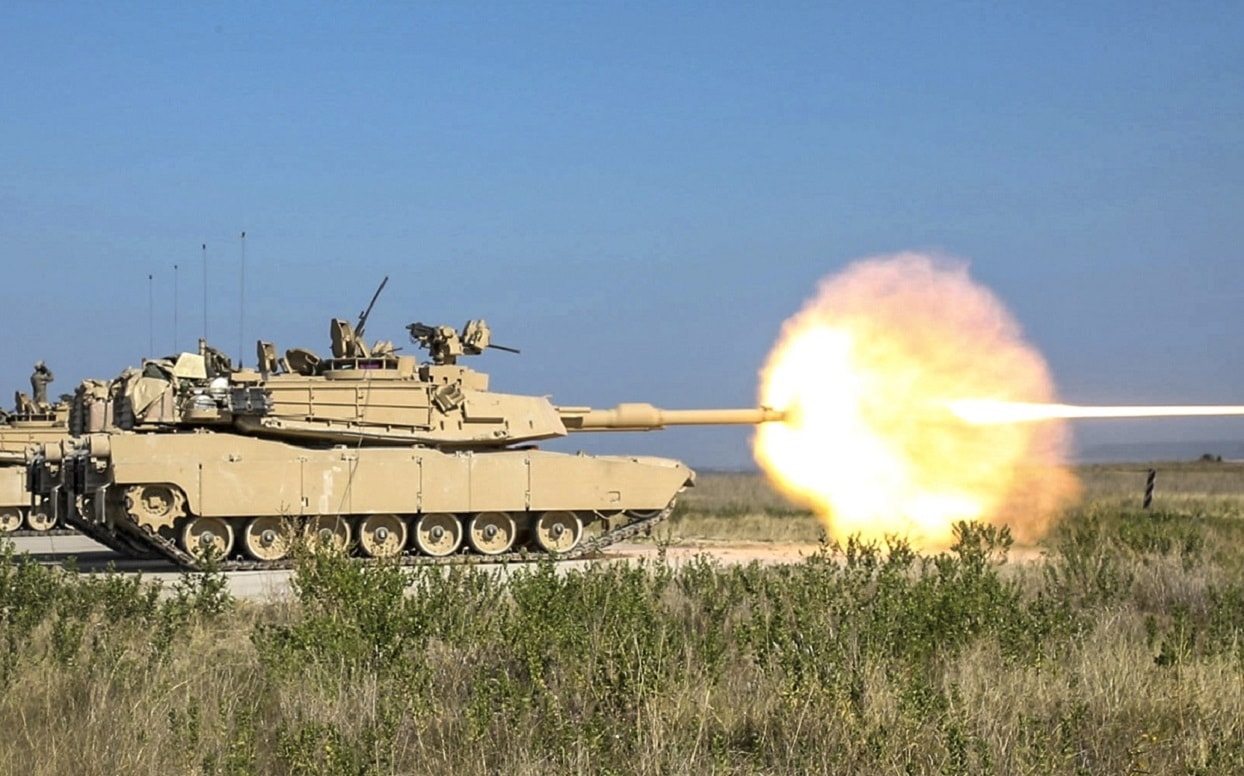The war in Ukraine clearly is a major challenge that both America and Russia are worried about and could even lead to a full-blown nuclear war. And yet, a hotline established so both sides can talk and ease tensions seems to be collecting dust, only being used just once. Why is that?
A military “deconfliction” hotline set up between Russia and America at the start of the Ukraine war has been used just once, Reuters reported on Monday, citing a US official.
The official, who was not named, said that the US was the side that initiated the call over concerns related to Russian attacks near critical infrastructure in Ukraine.
They did not elaborate on when exactly the call was made, but said that it did not come after the missile strike that hit NATO member state Poland, killing two people, earlier this month.
That missile blast, which triggered global concern, was likely caused by a Ukrainian air defense missile, NATO Secretary General Jens Stoltenberg said at the time.
But in the immediate aftermath, Chairman of the Joint Chiefs of Staff Gen. Mark Milley said he unsuccessfully attempted to contact his Russian counterpart, raising concerns that a misunderstanding or miscommunication could result in the conflict spiraling into a larger war.
The Pentagon established a communication hotline with Russia’s Ministry of Defense in March this year — one month after Moscow launched a full invasion of Ukraine.
The hotline was meant to prevent “miscalculation, military incidents and escalation,” Reuters reported at the time.
Both the Russian Ministry of Defense and the US Department of Defense did not immediately respond to Insider’s request for comment.
The Pentagon told Reuters that it has several channels to “discuss critical security issues with the Russians during a contingency or emergency for the purposes of preventing miscalculation, military incidents, and escalation.”
“We are encouraged by recent senior DoD calls with Russian counterparts and believe continued dialogue is critical,” a spokesperson said.
White House National Security Advisor Jake Sullivan and CIA Director Bill Burns have had previous contact with Russian officials that did not go through the hotline, Reuters reported.
Milley and his counterpart, Russian General Valery Gerasimov, have spoken on two occasions since the start of the war, the outlet said.
Sophia Ankel is a News Reporter based in London. She also has bylines in the Guardian, The Independent, and VICE. Sophia has spoken about her work on BBC Three Radio. This first appeared in Insider.

